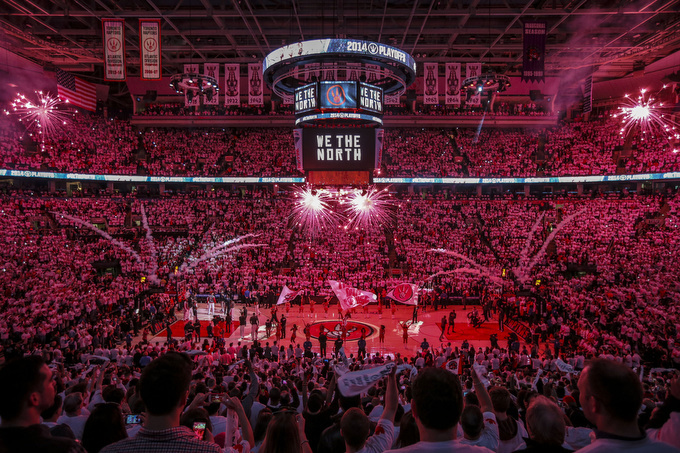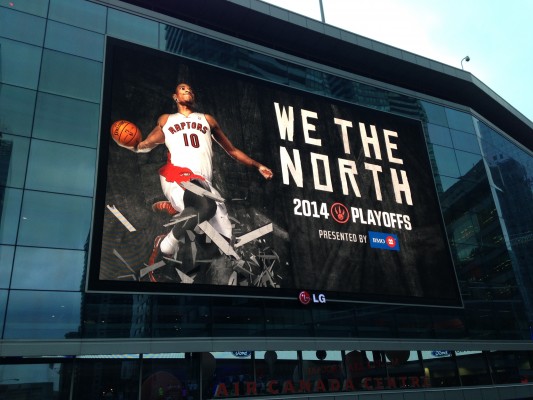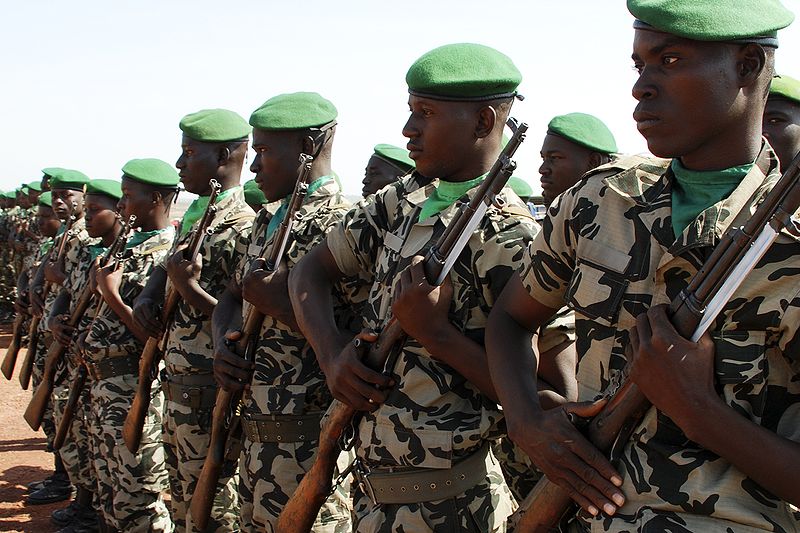This season, the Toronto Raptors secured their first qualifier spot in the NBA playoffs since 2008 – only the sixth time in the franchise’s history. After many tough seasons, it seems that the team has finally started to hit its stride, surpassing every commentator’s rational expectations as the Raptors’ first playoff matchup against the Brooklyn Nets, a relatively new team comprised of NBA superstars, is currently tied at 2-2. As a result, TV ratings of the Raptors’ playoff games have skyrocketed, with overnight data from BBM Canada indicating that nearly 1.46 million tuned into the fourth quarter of the April 27th game. With celebrity Drake as the Raptors’ self-proclaimed “global ambassador”, the team’s fan base has grown rapidly over the past couple of weeks. Not only has the Raptors’ playoff success turned more and more Canadians into basketball fans, it has resulted in an interesting form of patriotism among Canadian viewers.
One can reasonably argue that a clear element of patriotism has been at the forefront of the social media, marketing and merchandising campaigns centred on the team’s playoff success (indeed, this is most likely due to the fact that the Toronto Raptors are the only Canadian team in the playoffs, let alone the National Basketball League). On Twitter, Raptors fans are encouraged to include the hashtag “#WeTheNorth” in all messages pertaining to the team (in fact, #WeTheNorth is currently the number one trending topic in Canada). Indeed, this social media strategy targets fans’ northern pride, reinforcing an “us vs. them” mentality vis-à-vis our neighbours south of the border. Similarly, Raptors’ fan merchandise for the playoff season is branded with the slogan “Northern Uprising”, and commentators have referred to the team as the “Kings of the North”.
Another example of patriotism at work throughout the Raptors’ playoff season is the emergence of Maple Leaf Square, a public plaza just west of the Toronto Air Canada Centre, as the official gathering place for fans during game time. Here, thousands of fans – clad in red and white and waving massive Canadian flags – gather to cheer on the Raptors. Finally, the Raptors official website reads “The Official Site of Canada’s Team”.
Patriotism among Raptors fans is interesting as it is largely uncommon. For starters, it is not often that a basketball team is associated with Canada, as hockey is recognized worldwide as Canada’s sport and has become something of a nationwide patriotic symbol. Second, none of the players on the Raptors’ team roster are Canadian. This point becomes especially interesting given the fact that fans and commentators alike have projected typically Canadian “attributes” onto non-Canadian Raptors players throughout the post-season. For example, NBA National Columnist Howard Beck describes Brooklyn player and NBA veteran Kevin Garnett as “aggressive” and “over-the-top”, whereas Toronto players are the likeable underdogs. Similarly, on Twitter, fans describe Brooklyn players as mean, while Toronto players are sportsmanlike and polite.
Portraying the Brooklyn Nets as a tough, experienced superpower and the Toronto Raptors as a team of modest underdogs creates an interesting dynamic with close parallels to the dynamic between the United States and Canada in general. Indeed, for Raptors fans and Canadian sports media, the Raptors embody everything we love about Canada, while the Nets have been painted as embodying everything we dislike about the US. It will be interesting to see how this dynamic evolves if the Raptors advance to the second round of the playoffs.





